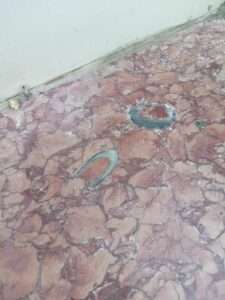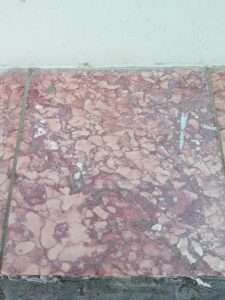GEOLOGY HUB Latest Questions
Hello. I have found these fossils in a red limestone in Miskolc, Hungary. I believe it comes from Moneasa quary in Romania. There are some fossils present I’d like to identify. My guess is they are some kind of bivalves, ...Read more
Hello. I have found these fossils in a red limestone in Miskolc, Hungary. I believe it comes from Moneasa quary in Romania. There are some fossils present I’d like to identify. My guess is they are some kind of bivalves, but I might be wrong. Any hint? 🙂 I am total amateur.


Does the gravitational pull of the moon contribute to earths active geology?Earths molten interior should be effected just as the tides are by the gravitational pull of the moon.
Does the gravitational pull of the moon contribute to earths active geology?Earths molten interior should be effected just as the tides are by the gravitational pull of the moon.
Read lessI stumbled upon an article in “Industrial Research” from 1968 on something called “Rouse Belts”. A geochemist named George E. Rouse who was a doctoral student at the Colorado School of Mines came up with a theory about earthquake zones ...Read more
I stumbled upon an article in “Industrial Research” from 1968 on something called “Rouse Belts”. A geochemist named George E. Rouse who was a doctoral student at the Colorado School of Mines came up with a theory about earthquake zones occurring on 60 degree planes through the Earth. However, aside from two brief articles, I can’t find out any more information. Does anyone know anything about this? Thanks!
Read lessHello, I was wondering if a geologist from the UK would be able to identify a place from just a geological description: in my college studies, I step on a description of a place with only a geological description of the ...Read more
Hello,
I was wondering if a geologist from the UK would be able to identify a place from just a geological description: in my college studies, I step on a description of a place with only a geological description of the place, probably in S-E England (from context), and I was looking for a formal identification of it if someone could help me on the matter?
Read less